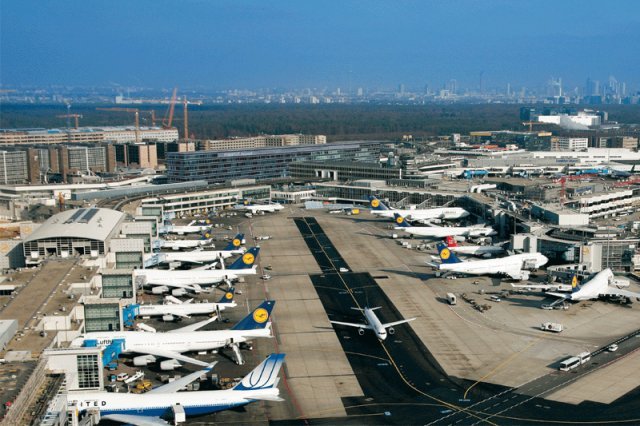A study commissioned by the International Air Transport Association (IATA) warns that failure to upgrade Europe’s air traffic management system will cost the European economy €245bn by 2035.
The study, by SEO Economic Research, notes that air connectivity today supports 11.7 million European jobs and $860bn of European GDP. But it is inefficient — average flights are nearly 50km longer than they need to be and delays average around 10 minutes per flight. This inefficiency negatively impacts prosperity, productivity and sustainability. The study estimates that these inefficiencies, if unchecked, will grow to cost the European economy €245bn in 2035.
The Single European Sky (SES) project aims to deliver a threefold increase in capacity, improve safety by a factor of 10, reduce environmental impact by 10%, and cut costs by 50%. But Europe has failed in achieving the SES goals, says IATA CEO Tony Tyler.
IATA cites the following benefits from a fully modernized and reformed airspace in 2035 (compared to a “do nothing” scenario in which the status quo prevails):
- 1.3% more hotel beds to aid the tourism industry,
- up to 2.2% faster expansion of trade in services,
- 5.5% more patent applications and 4.7% greater research spend,
- 1.3% more employment in knowledge-intensive industries.
The release of the study marks the launch of a Europe-wide campaign. IATA will be calling on consumer groups and business associations to recognize the broad importance of efficient air connectivity to the economy, productivity and quality of life at the national level.

